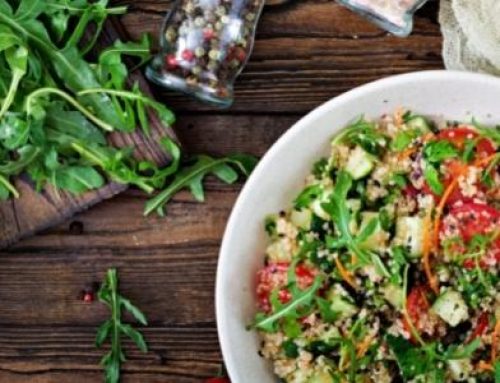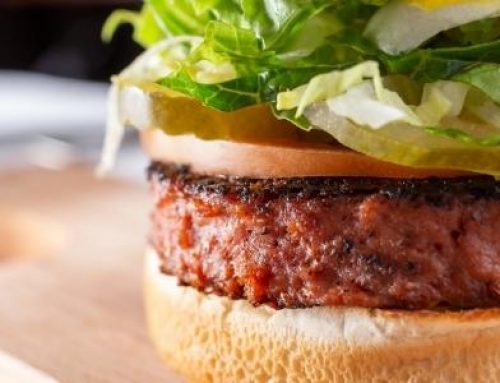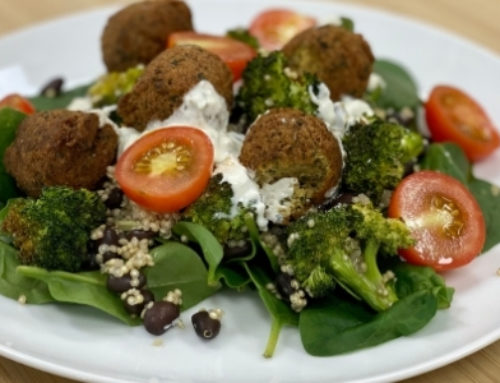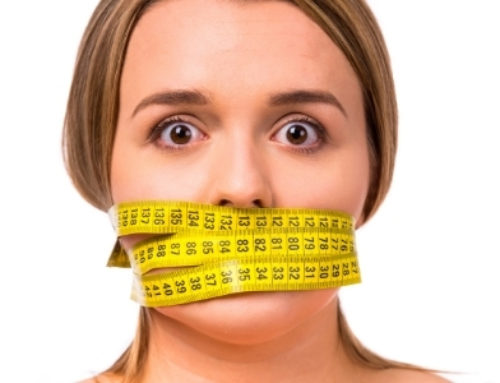 The theory goes that if you want to lose fat it’s 80% diet and 20% exercise. But what does that even mean? Does it mean that I shouldn’t exercise until my diet is right? Does it mean that exercise doesn’t make much difference?
The theory goes that if you want to lose fat it’s 80% diet and 20% exercise. But what does that even mean? Does it mean that I shouldn’t exercise until my diet is right? Does it mean that exercise doesn’t make much difference?
Not exactly.
The principle behind this theory is that, to create an energy deficit for weight loss, it’s easier to reduce calorie intake from food than it is to increase calorie expenditure from exercise. It’s easier to reduce your intake by 400 calories by omitting that second flat white and reducing your portions at dinner, than it is to fit in 45 minutes on the elliptical trainer.
So, if our aim is to create an energy deficit of 500 calories a day this theory would mean that we would reduce our calorie intake by 400 calories and increase our expenditure by 100.
For a individual whose energy requirements are 2000 calories, this would mean sticking to a 1600 calorie budget of food and doing a 20 – 30 minute walk.
That can make sense mathematically, sure! But we don’t live mathematically! Every day is different and I for one can’t be bothered working out that ratio for myself day in day out.
When it comes down to it, it doesn’t matter what the ratio is, as long as you create that 500 calorie deficit.
That person could:
- Eat 1500 calories and not do any exercise.
- Eat 1800 calories and go for an hour long walk.
- Eat 2000 calories and smash it out an epic HIIT session.
It makes little to no difference, as long as you’re creating a consistent energy deficit.
So why does this rule persist?
There is good research to suggest that we (dietitians included) tend to overestimate the amount of activity we do and underestimate our food intake. We also tend to compensate for any increases in exercise with an increase in food and a decrease in incidental activity. In other words, we might do one high intensity activity in the morning, then eat more during the day and do more sitting. I can definitely vouch for this. On days that I might ride to work I mentally tick the movement box, sit on my bum and give myself permission to eat whatever I want.
These tendencies can reduce the chance of creating a significant and consistent energy deficit. In fact, often it can cause an energy surplus and we can find it very difficult to lose weight.
By telling ourselves that it’s only 20% exercise and that most of the success comes from diet, we can reduce the impact of these tendencies.
So, it’s not that the premise of ‘80% diet 20% exercise’ is incorrect, we just need think of it as a guide, not a rule.
It’s all about consistency!
This tool is better used to reframe our perspective on weight loss. It can help to focus your time and energy on the things that will have the biggest impact for you.
- Being consistent with my diet is going to have the biggest impact on my weight loss success (80%)
- Including exercise will help me to create an energy deficit, if I am consistent with diet (20%)
Investing 80% of your energy into diet consistency could mean:
- Giving yourself enough food during the day so you aren’t ravenous when you get home (and demolish the pantry).
- Planning your weekend so that it doesn’t blow out the calorie budget.
- Planning your dinners for the week ahead.
- Including small treats, rather than saving them for a ‘cheat day’.
- Packing a snack for when you are out rather than having to buy something.
- If you eat something unplanned, putting it in perspective. Don’t let it ruin your day or week.
- Ditching the ‘I’ll start again Monday’ mentality.
Investing 20% of your energy into exercise could mean:
- Fitting in a quick walk around the building before, after or during your workday.
- Planning a walking date with friends, rather than a coffee/drink.
- Scheduling exercise into your week.
- Pairing your exercise with something you really enjoy (for me that’s podcasts and audio books).
- Finding ways to move a bit more – take the stairs.
Does it have to be 80:20?
Nope.
As mentioned above, this ratio of this tool isn’t concrete. If you really love exercise and love to focus on getting super sweaty, playing heaps of team sports and smashing that PB (personal best – not peanut butter), go for it! Putting your time and energy into heaps of exercise means you can be a bit more flexible with food.
But if you find it hard to get motivated to exercise, or you just don’t have the time, focus your time and energy on being consistent with food.
Pick where you want to invest your time and effort and go for it!
If you’d like further help with your nutrition please click below:





